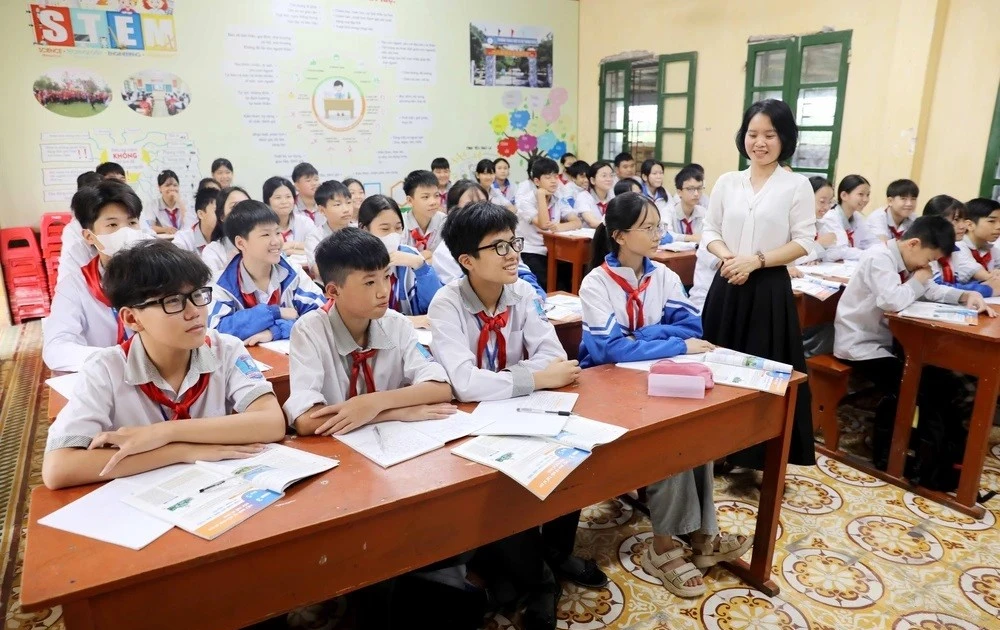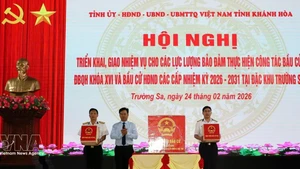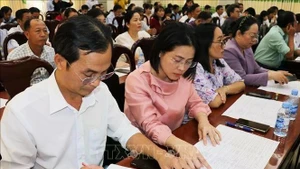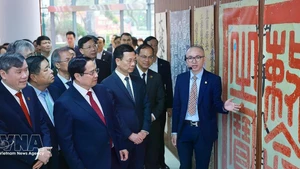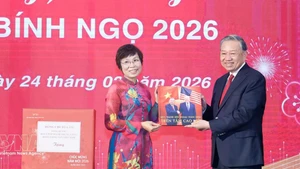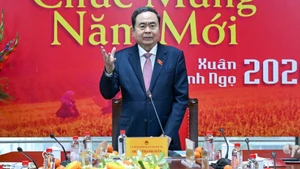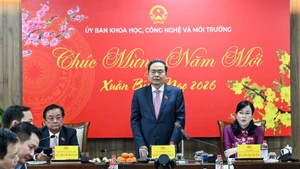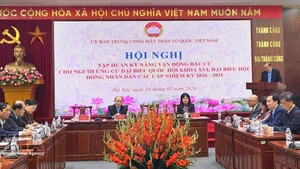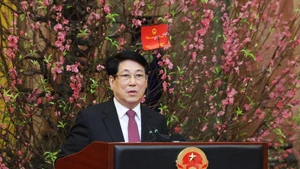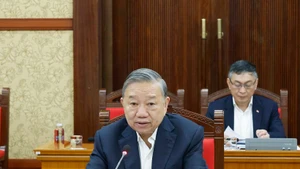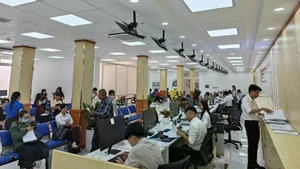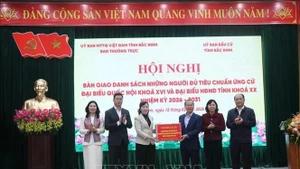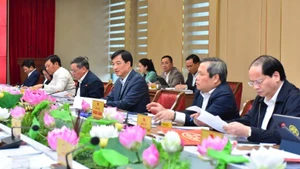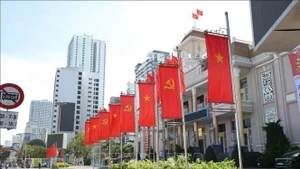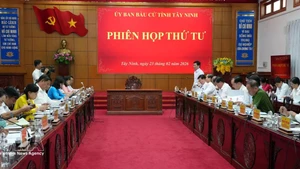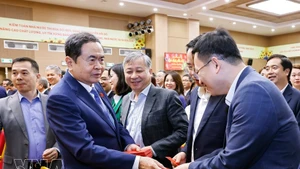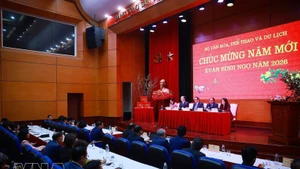The proposals under discussion include draft Law on amendments and supplements to several articles of the Law on Education, the amended Law on Higher Education, the draft revised Law on Vocational Education, and a draft resolution outlining special mechanisms and policies to realise the Politburo’s Resolution 71 on breakthrough development in education and training.
The draft amendments to the Law on Education focus on decentralisation of authority to local levels and formally incorporate vocational upper-secondary education into the national system. They also clarify definitions of diplomas and certificates while scrapping the lower-secondary graduation diploma, replacing it with a principal-issued completion certificate. A revised Article 32 mandates a single unified textbook series nationwide, with the Government tasked to regulate free textbook supply and encourage society-sourced funding to ensure long-term sustainability and quality improvements.
The draft amended Law on Higher Education introduces several major breakthroughs compared with the current law. It establishes universities as national pioneers in innovation, elite talent cultivation, and quality workforce supply for domestic and global needs. It also affirms institutional autonomy as a legal right, expanding universities’ proactive role while strengthening their accountability.

The draft amended Law on Vocational Education consists of nine chapters and 42 articles with many new rules. It broadens the system’s scope, beneficiaries, and structure; specifies state management functions; and clearly defines the rights, obligations, and responsibilities of all stakeholders. New concepts such as a “vocational education database” and “vocational upper-secondary schools” is introduced for clarity. Structurally, a key innovation is the addition of a vocational upper-secondary tier that blends general and skills-based training, while permitting universities to deliver specialised vocational courses.
The draft Resolution sets out a number of special, breakthrough mechanisms and policies to advance education and training, allowing temporary departure from existing legal regulations within specified scopes, entities, and timelines. It also provides mechanisms for oversight, evaluation, and review to facilitate eventual codification. Drawing on the Resolution No. 71 and practical needs, the Ministry of Education and Training proposed focus on core, high-impact, and feasible policy groups, including education workforce management and development, educational development mechanisms, digital transformation, sci-tech and innovation, global integration; and finance, incentives, and investment.
The package as a whole seeks to translate the Party’s guidelines and State’s policies into binding regulations covering faculty development, systemic overhaul, digital and sci-tech adoption, international cooperation and integration, financial mechanisms, investment, and incentives for education; organisation and governance of education system.
